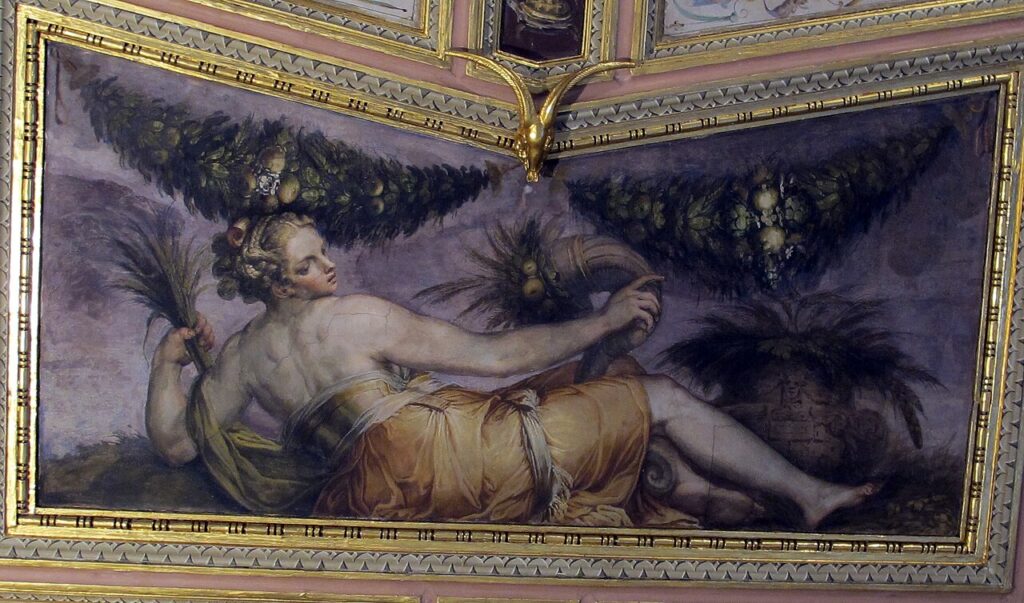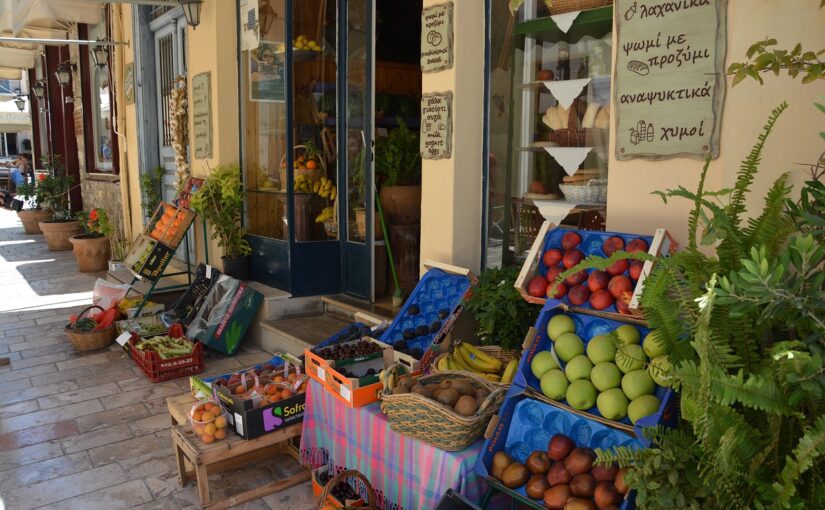The Greek language is a treasure chest of history, myth and culture. Each word reveals layers of meaning and tells the story of a civilization in conversation with its gods, its land and its traditions. Among these words, few are as flavorful and evocative as “Opora,” once the ancient Greek name for fruit, abundance and a season of change.
The Original Name for Fruit
In ancient times, the Greeks referred to fruit with the word “opóra.” This term carried far more meaning than its modern descendants. Today, Greeks call fruit “frúto,” which finds its origins in Italian and, even earlier, in Latin. Yet to the ancient Greeks, “opóra” was not just a word but an idea, and, intriguingly, the name of a goddess.
Opora, the Goddess of Plenty
Opora wasn’t just a description for fruit or harvest. She was also venerated as a protective deity of the bounty of the fields and orchards. In this role, Opora became a symbol of abundance, prosperity and the nurturing strength of nature. Greek art and poetry celebrated her as a gentle guardian, watching over the fruits of labor and the wellbeing of the community.

When Fruits Mark the Season
Opora’s name also extended beyond goddess and fruit. It became a word for a distinct period in the agricultural calendar, the time bridging late summer and early autumn. This was when orchards overflowed with ripening figs, grapes, and pomegranates, and the fields readied for harvest. The coming of Opora meant celebration, fullness and the promise of sustenance through the winter months.
Birth of a Modern Word
Language, like nature, grows and transforms. From “opóra” sprung the modern Greek word for autumn, “fthinóporo.” This literally means “the end of opóra,” marking the close of fruitful harvests and the shift toward shorter days. It is a poetic reminder of how ancient words evolve while retaining their roots and resonance in daily life.
A Living Heritage
Even today, the old spirit of Opora lives on in the countryside and language of Greece. Fruit trees are called “oporofóra déndra,” meaning “trees that bear opóra.” This term is a wonderful example of how closely the rhythms of nature and the nuances of language intertwine. It is impossible to stroll through a Greek orchard or listen to farmers speak and not feel connected to a cycle stretching back thousands of years.
Interwoven Threads of Culture
The tale of Opora is more than just a linguistic curiosity. It is a story about how language, nature and belief shape one another. From the divine protector of fruits and fields to the words used for seasons and trees, Opora stands as a symbol of enduring connection between people and their land. To speak her name is to summon images of rich harvests, golden afternoons and shared tables full of life’s simple pleasures.
A Word That Grows With Us
In the story of Opora, the ancient and the modern come together. Culture, nature and language form a seamless whole, just as the seasons flow one into the other. Every time a fruit-laden tree is called “oporoforo,” a small part of that ancient world breathes again. There is magic in words, especially ones as ripe and meaningful as Opora, a reminder that language is, at its heart, a living, growing fruit of human history.
Image by Amy McVaugh.
